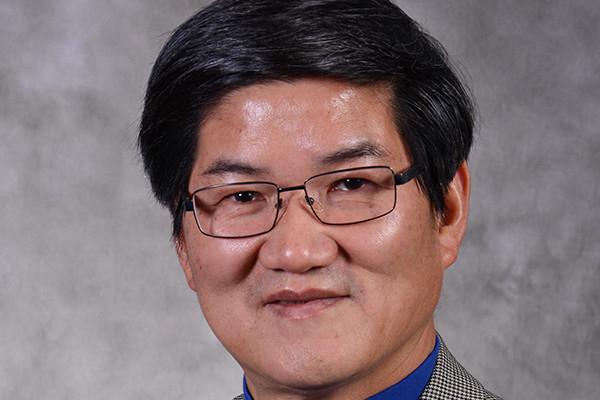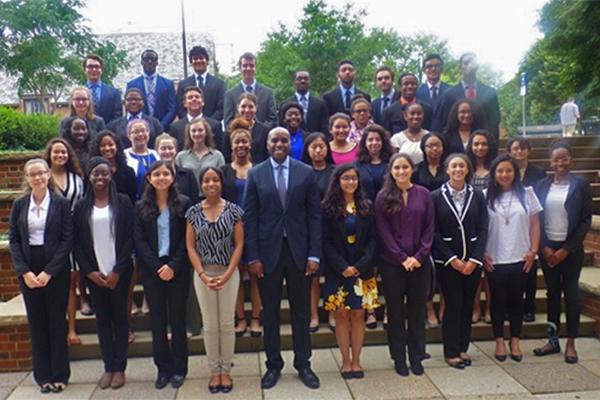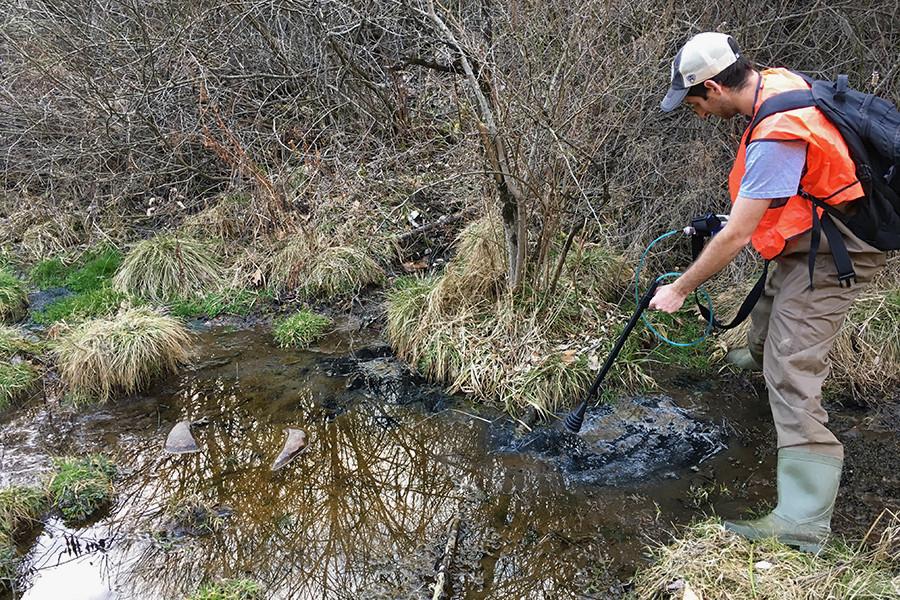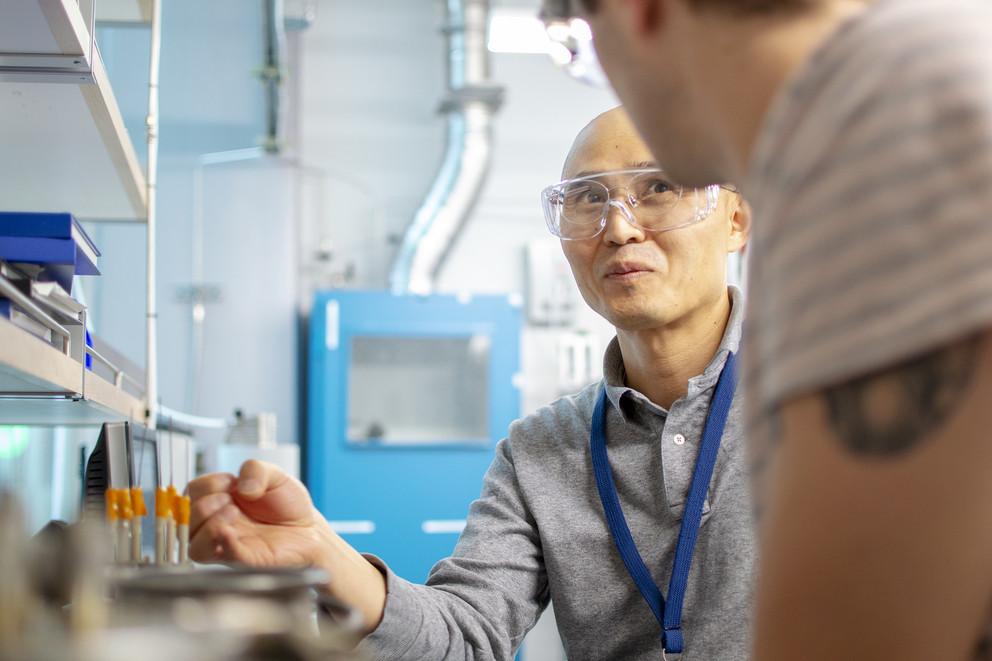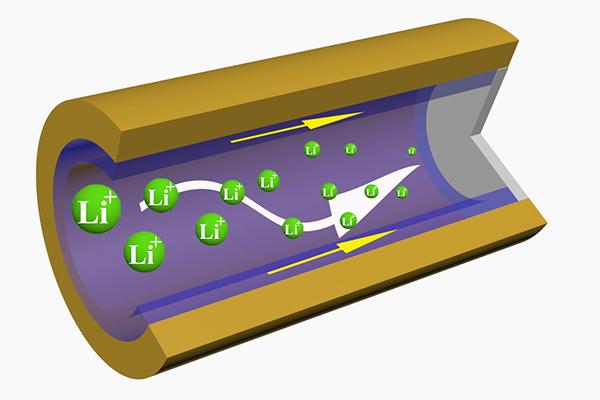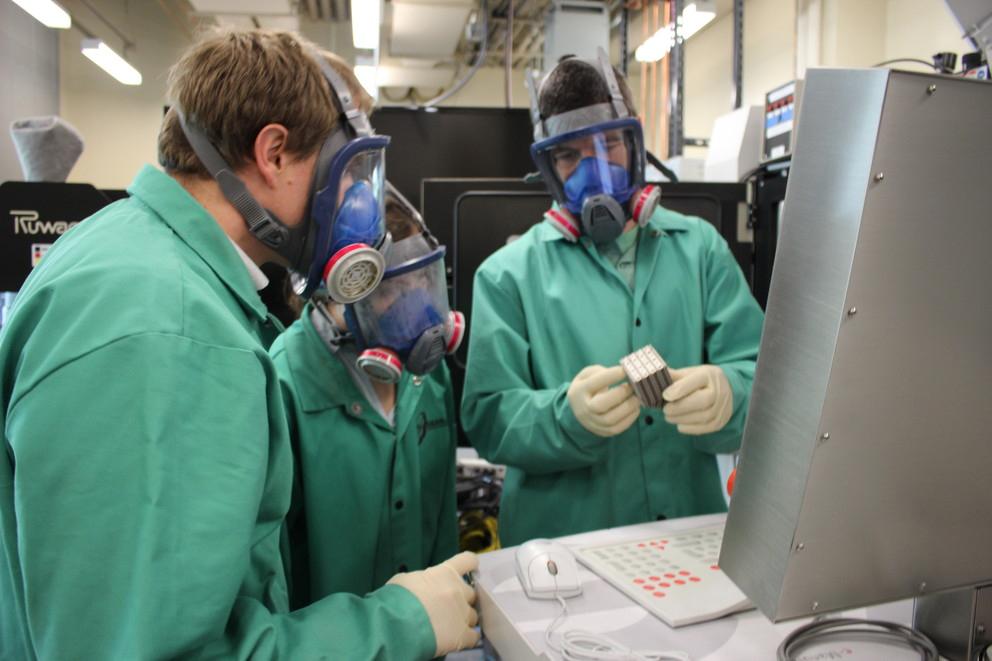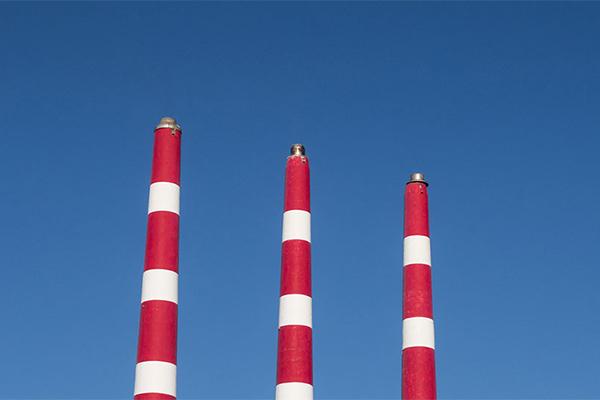An intensive public debate is occurring in states with competitive electricity markets about the future of their existing nuclear generation plants. A team of Penn State researchers examined the set of studies that has been used in legislative discussions to provide evidence in support of subsidy programs.
Long-Qing Chen named Fellow of the American Association for the Advancement of Science.
To support the Millennium Scholars program, the college aims to raise $10,000 on Giving Tuesday, which will help fund one Millennium Scholar in the 2019-20 academic year.
Chemical clues in waters near Marcellus Shale gas wells in rural Pennsylvania can identify new drilling-related sources of methane contamination, according to scientists.
An $800,000 grant from the U.S. Department of Energy will allow Penn State researchers to investigate a new approach for removing rare-earth fission products from the molten salt baths where used nuclear fuel is electro-refined to recycle uranium and minimize nuclear waste.
Dramatically longer-lasting, faster-charging and safer lithium metal batteries may be possible, according to Penn State research, recently published in Nature Energy.
The College of Earth and Mineral Sciences is conducting an Assessment of the Living, Learning, and Working Environment (ALLWE) in the college. Deadline to take survey is November 30, 2018.
Prompted by the industry demand for trained experts in additive manufacturing and design for additive manufacturing, Penn State is offering a new graduate certificate in additive manufacturing and design (AMD) through Penn State World Campus.
Almost 40 percent of the energy we use goes to heat, cool, light, and power appliances in the buildings where we live and work. Penn State is a global leader in making its buildings more energy efficient through green design and sustainable construction practices.
Penn State researchers are working on new technology to capture CO2 before it gets into the atmosphere and either sequester it or use it to create new products.



